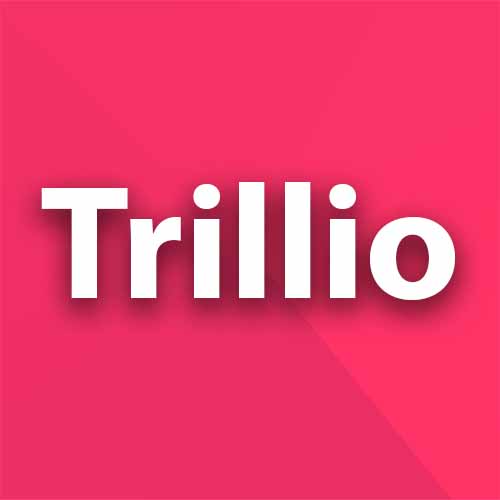
CNN
–
Apple’s board of directors has recommended that shareholders vote against a proposal by a conservative think tank to consider scrapping the tech giant’s diversity, equity and inclusion (DEI) initiatives.
“At Apple, we believe that how we conduct ourselves is as critical to Apple’s success as making the best products in the world. We seek to conduct business ethically, honestly and in compliance with applicable laws and regulations, and our business conduct and compliance policies are fundamental to the way we do business,” the company said Friday in its proxy statement. .
The National Center for Public Policy Research (NCPPR) announced in September that Apple intends to introduce the anti-DEI proposal at Apple’s annual shareholder meeting on February 25. If approved by shareholders, it would require Apple to consider eliminating some or all of its DEI policies.
But Apple said the proposal “inappropriately attempts to limit” and “micromanage” the company’s operations and policies. The company also said it has a “well-established compliance program” and its board actively manages business and legal conduct to ensure it complies with laws in multiple jurisdictions.
Stefan Padfield, executive director of NCPPR’s Free Enterprise Project, said DEI poses risks, including litigation, customer backlash and employee divisiveness, that outweigh the benefits.
The NCPPR said Apple “is likely to have over 50,000 who are potentially victims of this type of discrimination”. The NCPPR said that if any employee sued the company, Apple could lose “tens of billions of dollars.”
“We just ask for consideration. The proposal, if passed, would not automatically result in the repeal of DEI,” Padfield told CNN. He called Apple’s statement “non-responsive” and said that “the corporations that have pushed DEI have lost the goodwill to simply say ‘trust us'”.
Apple’s diversity programs are not new. Its supplier diversity program was established in 1993 and works with various nonprofit organizations, including the National Minority Supplier Development Council and the National Veterans Business Development Council. Apple also hired its first vice president of inclusion and diversity in 2017 and has 67 employee groups known as “diversity networking associations,” the first of which was established in 1986.
But other companies are abandoning their commitments or rebranding programs to “look more palatable” to the incoming Trump administration and other critics, said Nani Vishwanath, a consultant and facilitator of DEI and employee experiences at Courage Collective. .
Meta, John Deere and Walmart are among the companies that have made such changes to their DEI commitments after pressure from right-wing activists, legal groups, customers and President-elect Donald Trump.
Changing DEI programs does not necessarily protect a company from further backlash. McDonald’s, which announced on Jan. 6 that it would end its DEI practices, was sued Sunday by the American Alliance for Equal Rights, an anti-affirmative action group. The suit alleges that the fast-food company has not fully lived up to its commitment to treat “everyone” fairly because it has maintained a college scholarship program for Hispanic and Latino high school students.
Other companies aren’t bending over backwards to ask. NCPPR has made similar proposals to shareholders of major companies, including retail giant Costco, whose board of directors recommended shareholders vote against DEI’s policies.
“Those who stay committed understand how imperative it is,” Vishwanath said.
Vishwanath said DEI is “very misunderstood” and companies don’t always understand why they implemented the programs. DEI’s efforts initially aimed to advance the representation of people of diverse identities and backgrounds, and this influenced employee training, resource networks, and recruitment practices. But there is no single definition for DEI, which has complicated its implementation.
She said these misunderstandings cause inconsistencies with DEI initiatives. She suggested that companies should ask themselves whether DEI policies were “a reactive add-on or was it fundamentally important to the company’s success?”
“(DEI) will continue to face curiosity or displeasure,” Vishwanath said. “For organizations to remain relevant and meaningful to both their internal and external audiences, they need to think about what practices they need to evolve.”



